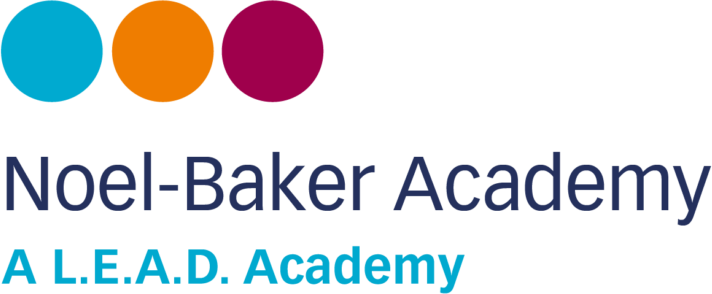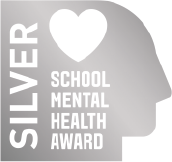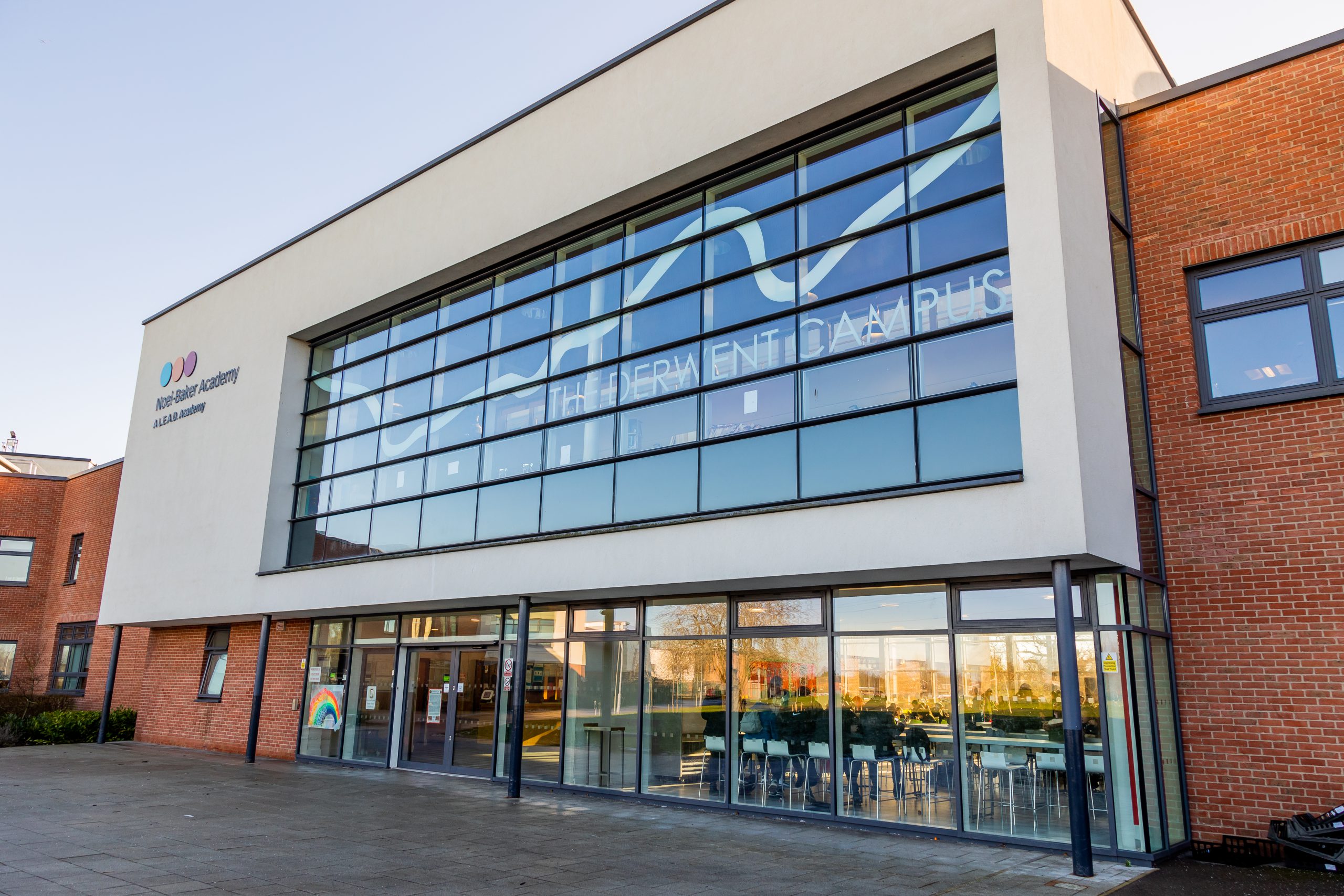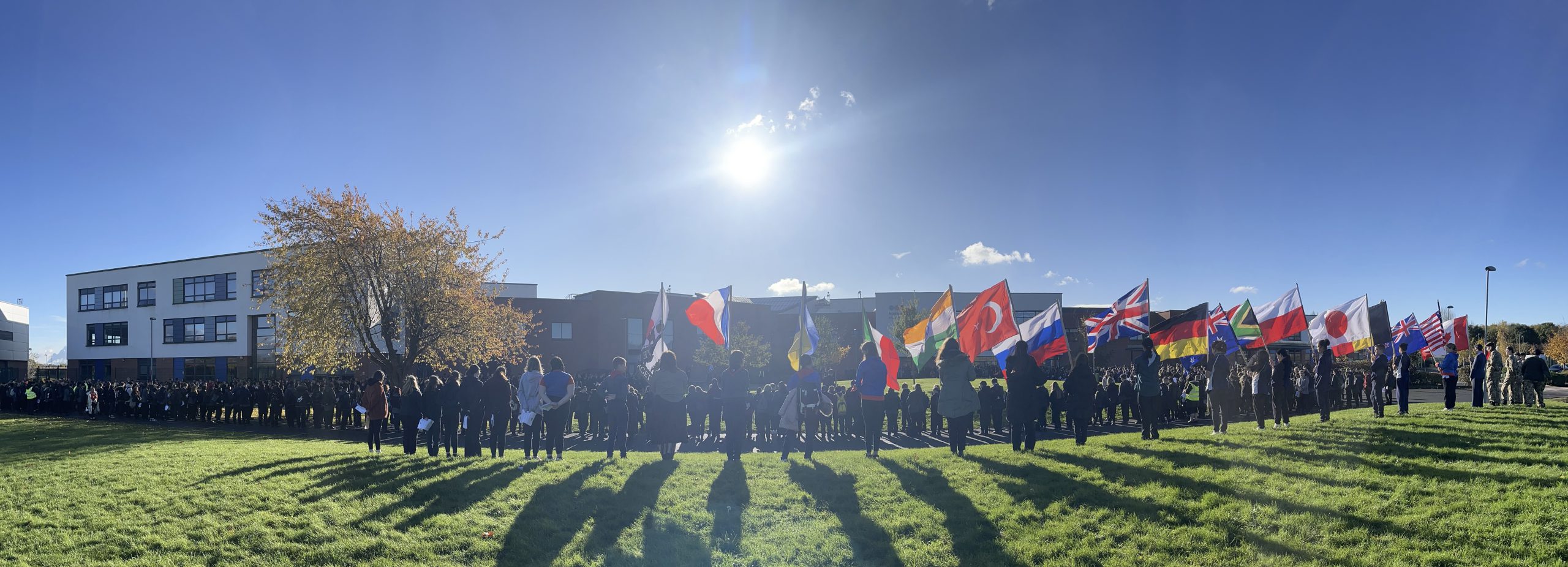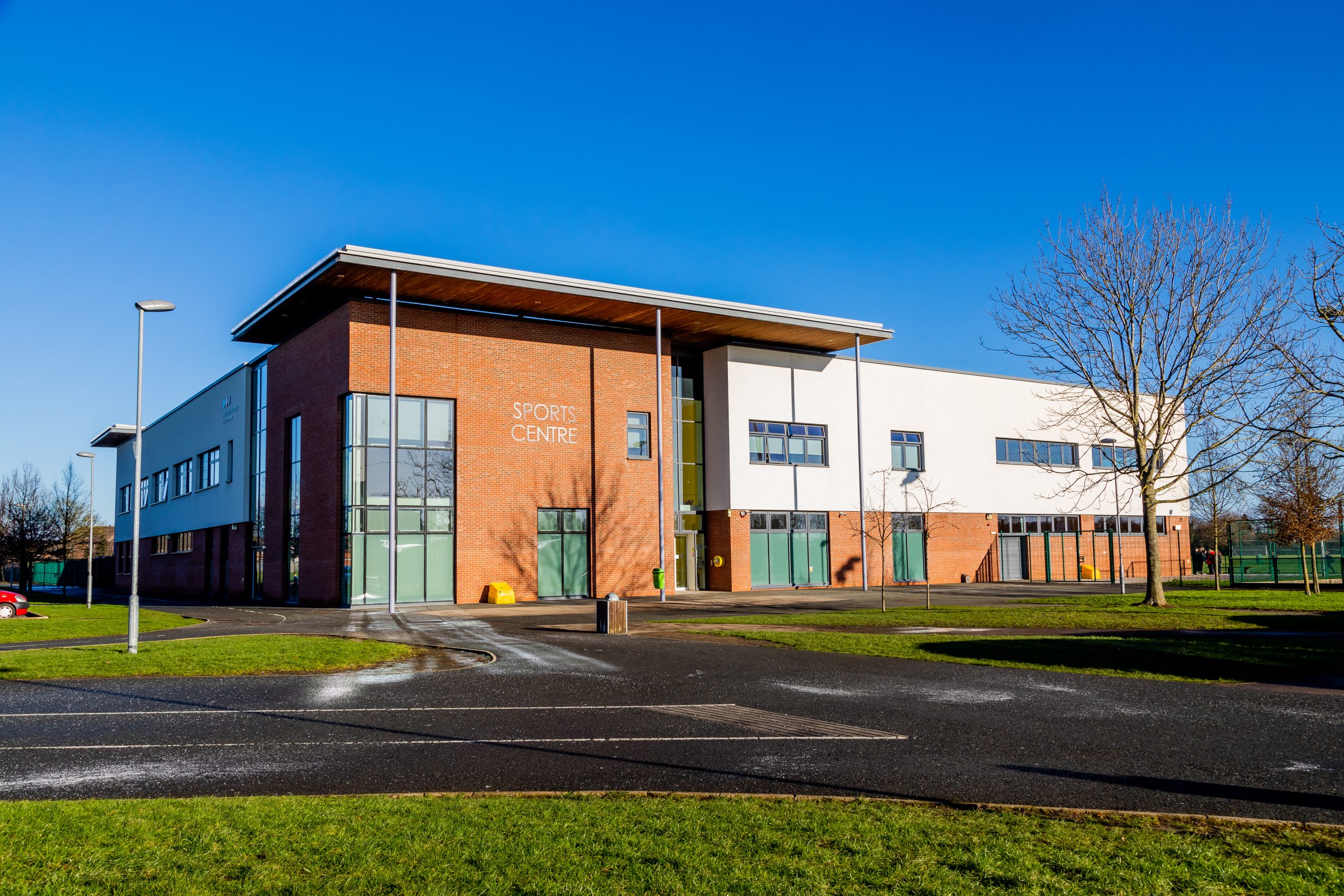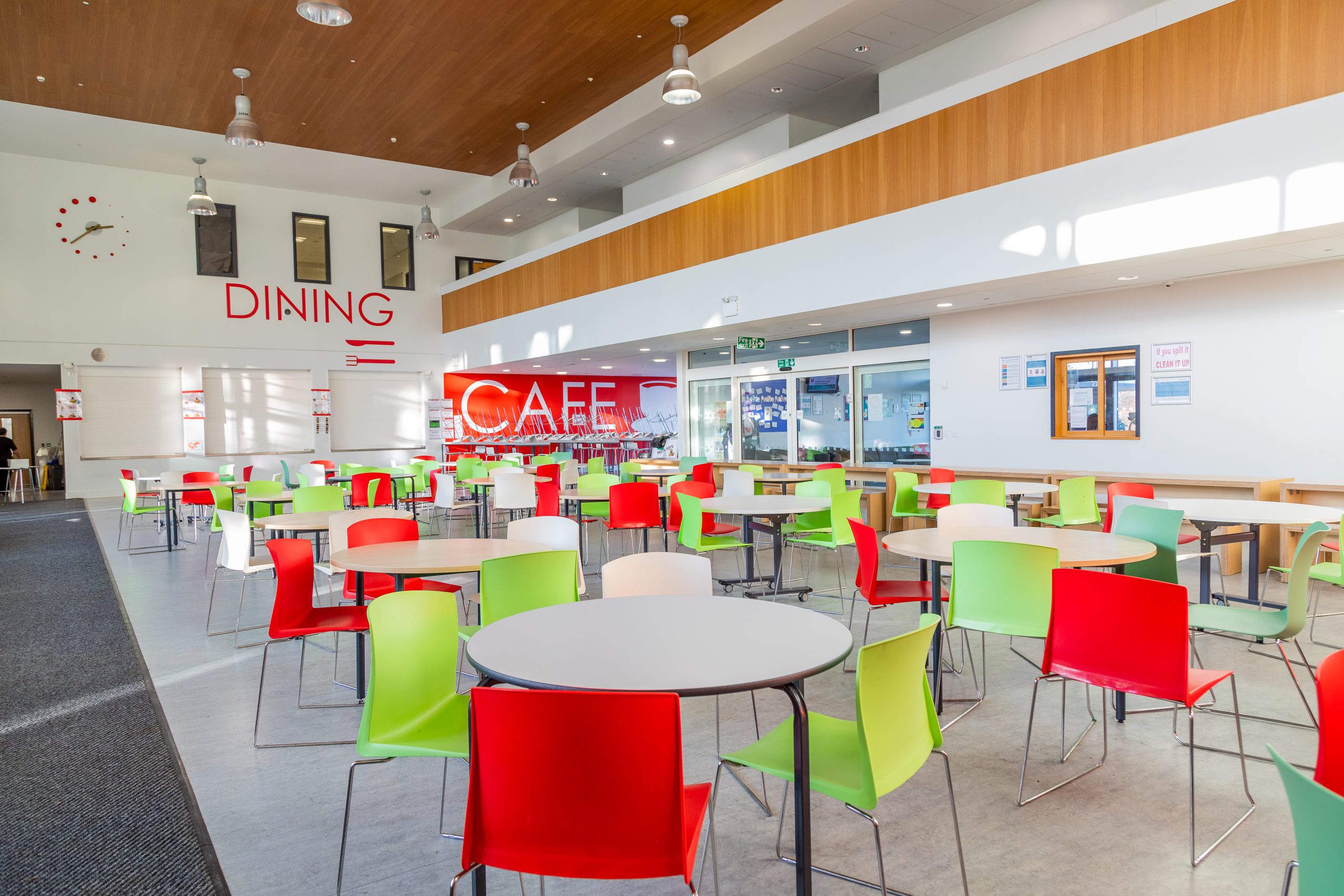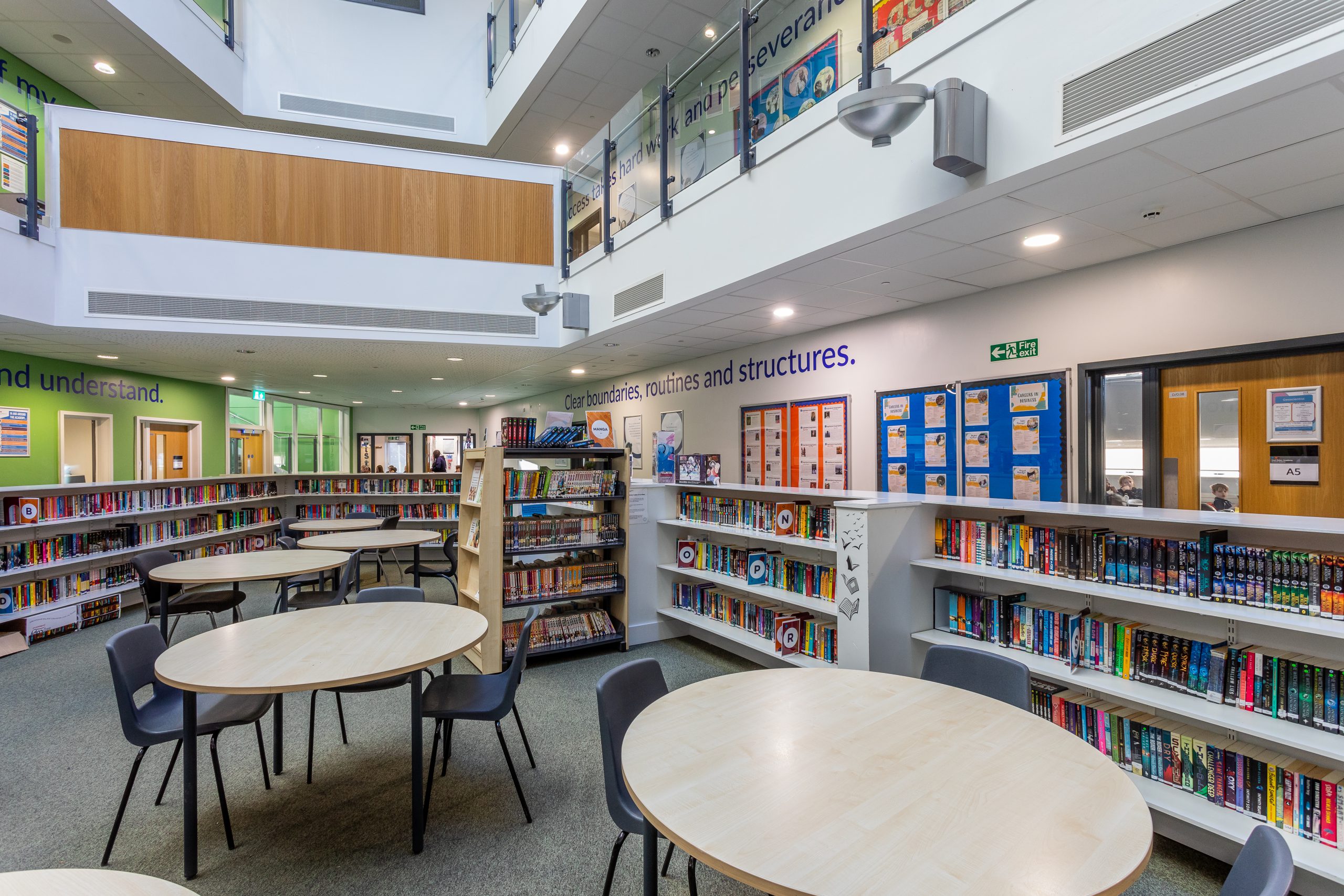S.E.N.D. Provision at Noel-Baker
What is S.E.N.D.
What is S.E.N.D.?
SEND stands for special needs and, or a disability.
‘A student has SEN where their learning difficulty or disability calls for special educational provision, that is different from or additional to that normally available to Children or Young People(CYP) of the same age.’
Code of Practice 2014
Do students with S.E.N.D. come to Noel-Baker Academy?
Do students with S.E.N.D. come to Noel-Baker Academy?
Yes, Noel-Baker Academy is a mainstream Secondary school which supports a number of students with SEND. We aim for all of our children and young people (CYP) to reach their full potential, including those with SEN. Students are identified as having SEN when their progress has slowed or stopped, and the interventions and resources, we normally put in place do not enable improvement. We have specific plans and Student Information Profiles which assist when supporting their development and to speed up progress
What kinds of S.E.N.D. does the school make provision for?
What kinds of S.E.N.D. does the school make provision for?
When identifying the nature of special educational needs, the four areas of need are taken into account are:
- Communication and Interaction
- Cognition and Learning
- Social, Emotional and Mental Health
- Sensory and/or Physical needs
How does Noel-Baker Academy know if a C.Y.P. has S.E.N.D.?
How does Noel-Baker Academy know if a C.Y.P. has S.E.N.D.?
At Noel-Baker Academy, students are identified as having special educational needs through a variety of different ways including;
- Transition work between ourselves and the primary schools
- Key Stage 2 results/baseline tests
- Concerns raised by parent/carers
- Concerns raised by subject/ class teachers
- Self-referrals from students
- Observations/learning walks
- Lack of progress in specific areas
- Liaison with external agencies
- Health diagnosis through a paediatrician
- Regular Assessments
Please refer to the Academy’s SEND policy for more information.
How does teaching of the curriculum support students with S.E.N.D.?
How does teaching of the curriculum support students with S.E.N.D.?
- High quality lessons
- Differentiated activities/resources
- Additional adult support
- Reduced class sizes
- Small group work
- Personalised provision
- Intervention sessions
- Staff training throughout the year
Student Information Files are created for our students with SEND and made readily available for all teaching staff. This provides staff with personalised recommended strategies to support students.
What are the different types of support available at Noel-Baker Academy?
What are the different types of support available at Noel-Baker Academy?
Support available includes:
- Sensory room
- Differentiated tasks/activities/resources
- English and Maths interventions with specialist SEND staff
- Direct Instruction for students in Year 7 with low levels of literacy and numeracy
- Read It Write It intervention
- Nurture group
- Homework club based in Learning Support
- Exam access arrangements
- Spellzone
- Breakfast Club for vulnerable learners
- SENCo base drop-ins
- Break and Lunchtime Club for vulnerable students in the library
- ‘Quick Exit’, ‘Early Lunch’, ‘5 minute early’ and ‘Toilet’ passes are available if required
- Keyworker/mentors
- Social communication groups.
External agencies:
You may be asked to give permission for your child to be referred to a specialist professional, e.g. Educational Psychologist. This will help the school and you to understand your child’s needs better and so support them more effectively. The specialist professional may work directly with you and your child and may make recommendations on support strategies to be used at home and in school.
You will be informed by the S.E.N.Co or key worker of any extra support your child is receiving at the start of the intervention.
How does Noel-Baker Academy support students’ emotional and social development?
How does Noel-Baker Academy support students’ emotional and social development?
Students with specific social, emotional or mental health difficulties may be offered support through the pastoral system. Additional support may be offered through:
- Student Support Centre
- Breakfast, break and lunchtime club
- PSHE programme
- Weekly assemblies
- Student voice
- In-class Teaching Assistant support
- Social & Emotional/Nurture Groups
- Transition Support between KS2-3, KS3-4, KS4-5 and KS5
- Breakfast and lunchtime clubs
- Counsellor sessions
- Keyworker/Mentor sessions
External agencies:
- CAMHS (Child and Adolescent Mental Health Service)
- CIASS (Communication & Interaction [including Autism] Support Service)
- School Nursing.
If a student needs to take medication in school ties to help control their behaviour or mental health, it is essential that the school nurse, Head of Year and S.E.N.Co are aware of this.
